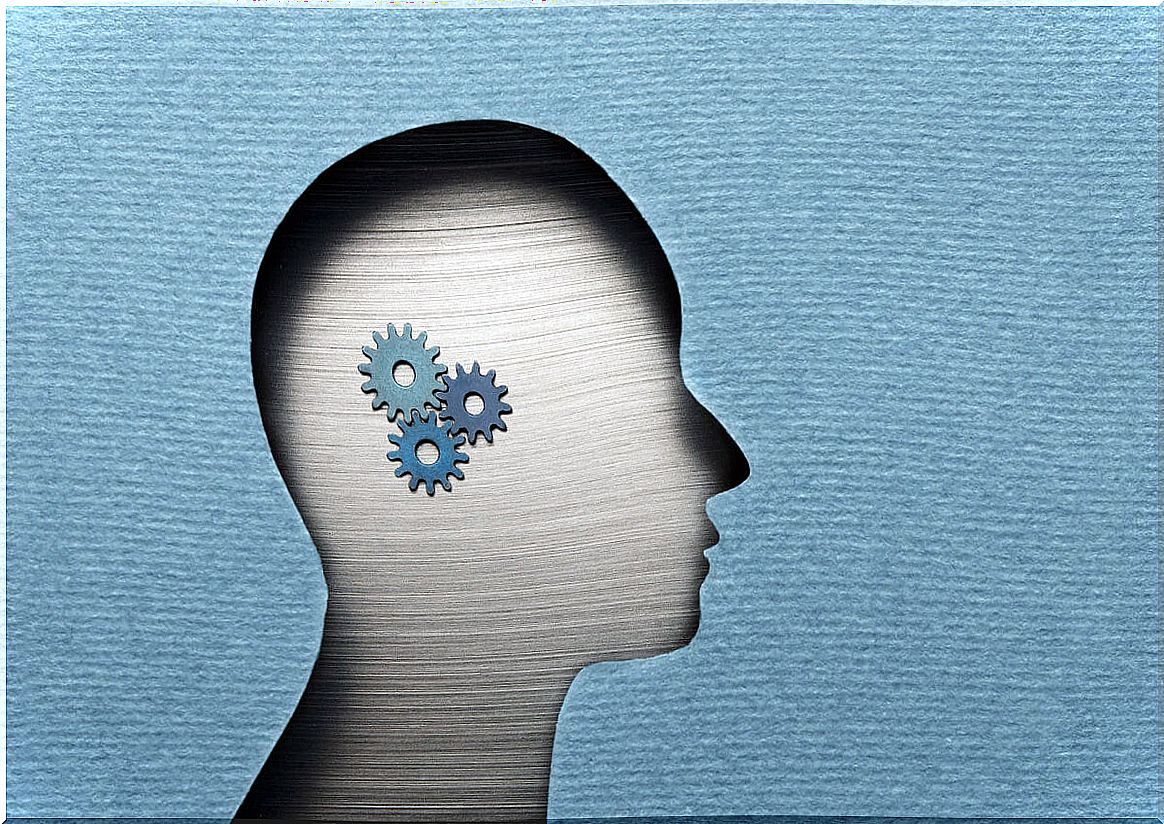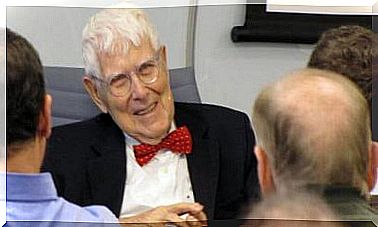Primacy Effect: Characteristics, Examples And How It Influences Us

Primacy Effect: Does this concept sound familiar? It is a phenomenon that has to do with perception, memory and attention. Through perception, our brain receives and processes information from the environment through the senses to form a particular impression.
Attention allows us to respond to these stimuli, and memory will store them. The primacy effect combines these two abilities and has to do with the fact that we remember more and better the information that we perceive at the beginning, for example, in a list of words.
In this article, we will tell what this phenomenon consists of and why it occurs and, in addition, we will cite some examples so that it is better understood. Finally, we’ll talk about the impact it can have on us, as well as advertising and marketing.
What is the primacy effect?
The primacy effect is a typical phenomenon of basic and cognitive psychology. It is a cognitive bias that implies remembering more and better of the information that was presented (and, therefore, perceived) first, with a tendency to forget the information perceived later.
An example of the primacy effect is as follows: imagine that someone reads you a long list of words and then asks you which words you remember. Thanks to this effect, you’ll likely remember much better the first words on the list (and the last ones as well; in this case, we’re talking about another phenomenon, the recency effect).

long term memory
The primacy effect is believed to occur because the initial items or information are better stored in our long-term memory (MLP) than the items that follow. However, and in relation to this, this phenomenon is weakened in the lists of words or items and in the information presented quickly, since in this case we have less time to store it in the MLP.
In addition, presenting items at the beginning increases the likelihood that these items will repeat themselves more often than the others, which makes it more likely that information will be “transferred” from short-term memory (MCP) to MLP.
A related phenomenon: the primacy of the result
Interestingly, researchers believe that the primacy effect also appears when we learn to decide based on past experience. The first thing we learn (and the first rewards received) would condition our future decisions to a greater extent than subsequent learning.
In this case, we are talking about a more specific phenomenon: the primacy of the result. In other words: the first results we obtain in certain tasks, or in the performance of certain actions, condition us to perform the act again in the future, to a greater or lesser extent.
Example of the primacy effect
During the 1950s, Solomon Asch, an American psychologist recognized for his contributions to social psychology, conducted a study in which he looked at the primacy effect. Study participants were given a list of adjectives that described a person. What happened was the following: when the participants heard of someone “envious, stubborn, hardworking and intelligent”, most formed a bad impression of the person.
However, when they heard these same words in a different order, in which the positive adjectives (hardworking and intelligent) were put first, they got a better impression of the person being described. This may have to do with the way we do descriptions, where we usually include the most important ones at the beginning and then go into the details.
How does this influence us?
How does the primacy effect influence us? We saw, through the example with positive and negative adjectives, that this phenomenon can influence us when judging people. It can also be linked to first impressions, which have an impact on the image we form of others.

marketing and advertising
In the field of marketing and advertising, the primacy effect also has a relevant influence. Advertisers are aware of the phenomenon and seek to place the most relevant messages at the beginning of their creations. They know that the most important places to motivate the sale they intend to make are the beginning and end of their time.
For example, commercials that start as soon as a high-rated show is stopped are better noticed than those placed in between or later points. This is one of the reasons why advertising spaces accompany New Year’s campaigns.
The primacy effect has to do with basic cognitive processes, such as perception, and with cognitive abilities, such as human attention and memory. Now that you know this effect, which occurs in most people, you can know where to place the part or type of message that interests you so that your audience will remember it most.









